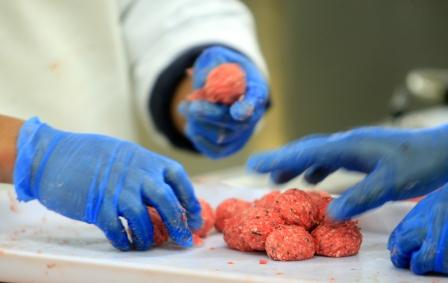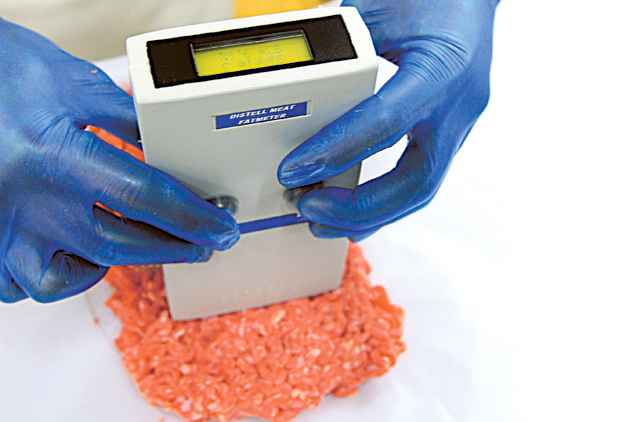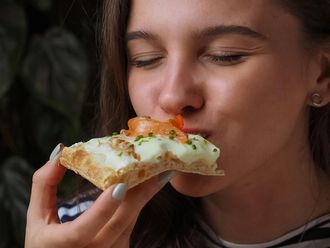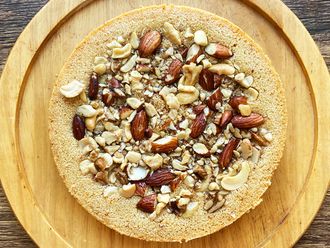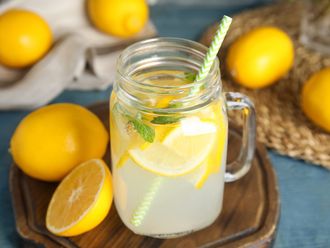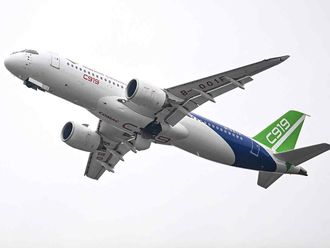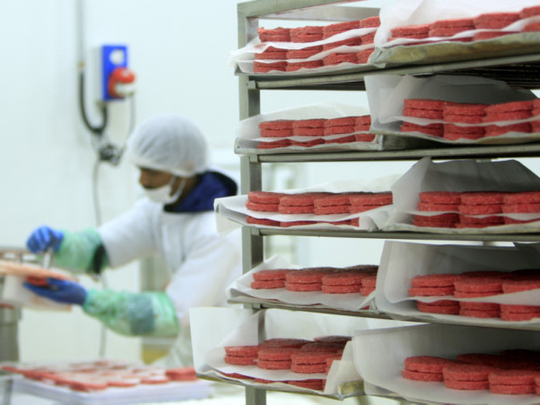
The recent uproar about beef burgers and ready-made lasagne containing horsemeat has caused alarm across Europe and ignited the fires of horse charities and other pressure groups.
Donkey meat too was suspected to have made its way into products labelled 100 per cent beef, and traces of pork DNA were found in halal meat destined for Muslim prisoners in English and Irish jails.
On the food trail
The Food Safety Authority of Ireland discovered beef burgers with traces of equine DNA at Silvercrest Foods and Liffey Meats in Ireland, and Dalepak Hambleton in Yorkshire, and the frozen food company Findus UK had beef lasagne products containing up to 100 per cent horsemeat.
Suspect burgers were taken off supermarket shelves in Europe and some meat suppliers had production suspended.
Consumers are up in arms about the widespread inaccurate food safety controls. The furore has stirred interest among the UAE meat industry and begs the question — should UAE residents be concerned? Director of Kitchens at Radisson Blu Hotel, Uwe Micheel, is confident about food import rules here. “We, at the Radisson Blu, buy our meat from municipality-approved suppliers. Dubai Municipality has a very good and strict system, which I believe can keep our customers at ease. We buy some of our meat chilled and some frozen depending on quantity, usage and origin.”
He adds, “I do believe that producers can mix different kinds of meat, like what’s happened now in Europe. However, I believe that with our municipality rules and control it will be difficult to do false labelling.” says Micheel.
Asia Abdulwahab Alraeesi, Head of Studies and Food Planning Section, Dubai Municipality’s Food Control Department (FCD), says, “Our laboratory conducts DNA testing on the food to differentiate between different types of meat, and the decision to test for specific species will be based on hazard detections and FCD’s suspicions.”
While frozen food products from Findus, Dalepak and the ABP Food Group are sold in Dubai supermarkets, Alraeesi says, “No meat products are imported to Dubai. Only frozen seafood,vegetables and coffee products are.”
Mohamad Jalal Al Rayssi, Director of Communication and Community Service, Abu Dhabi Food Control Authority (ADFCA), says, “ADFCA always ensures that the foods in the markets of the Emirate of Abu Dhabi are compliant with the city’s rules and regulations.
“If any food is found not compliant, it will be withdrawn from the markets with immediate effect. ADFCA inspectors are continuously monitoring the market and have found that it is clear from the products that had the horse contamination alert about them,” he adds.
Under control
“At Spinneys we are committed to the health and well-being of our customers and only sell safe, quality food. All our meat is 100 per cent traceable,” says Colette Shannon, Communications Manager, Spinneys.
“We are running DNA tests on our frozen beef products now, simply to reassure customers,” she says, adding that the results should be public in about ten days.
“We source all our beef as fresh chilled from family farms in Australia and New Zealand. Our buying team visit and inspect the farms regularly and the farms are certified to the highest food safety and quality standards in their respective countries.
“We process all our fresh beef burgers in our state-of-the-art production facility in Jebel Ali, Dubai, which is ISO 22000 and HACCP approved,” she adds.
Besides the lack of food safety controls in Europe is the contentious issue of eating horsemeat. While it is traditionally eaten in many parts of the world, other cultures are adverse to doing so because of the role horses have played as faithful companions.



